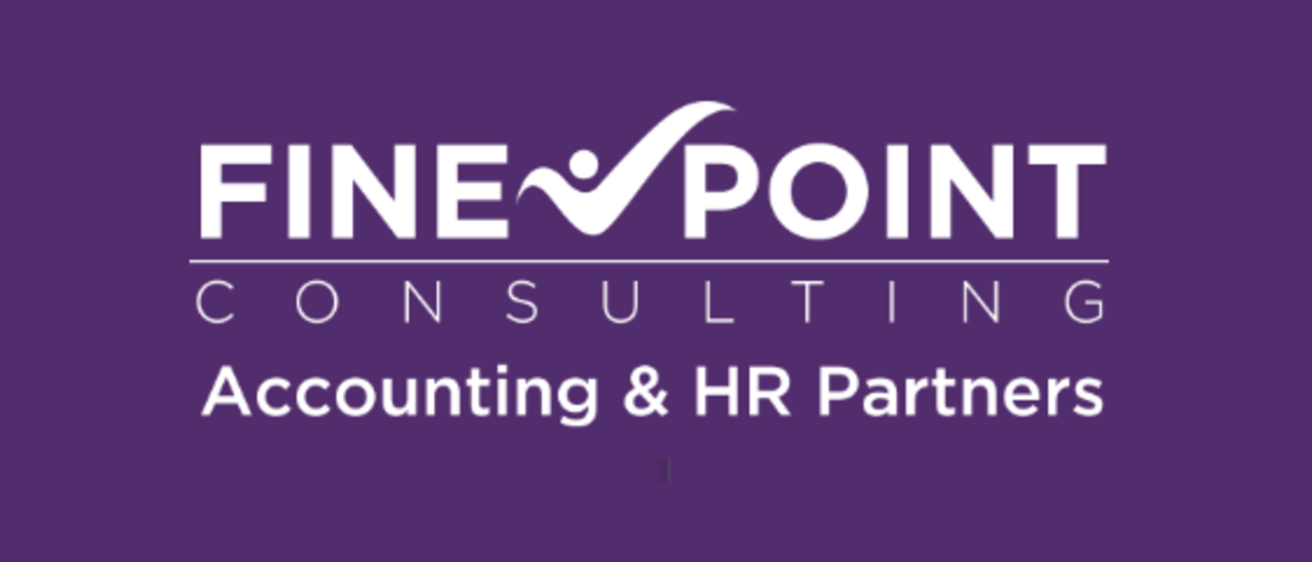Fine Point Consulting Presents 5 Tips for Entrepreneurs about Accounting:
Try it yourself - you can manage your own bookkeeping if you’re diligent about it. The most basic requirement: reconciling all bank, credit card, PayPal, etc., accounts every month using your software’s reconciliation tool. If you are keeping up to date with this rule of thumb and can understand your balance sheet and profit & loss, save your money a little longer and keep doing it yourself. Keep in mind, don’t wait until you’re falling behind to call a professional.
Don’t wait too long - when startup accounting is done haphazardly or not at all, it becomes much more expensive to catch up and cleanup. It’s also hard to remember what those expenses were actually for! We see this a lot while onboarding our new clients. In the beginning, they find the process daunting, and then are pleasantly surprised with how easy it can be to manage.
Don’t cut corners - it may be tempting, but don’t choose to hire contractors instead of employees to save money on payroll taxes. The IRS, states, and unemployment agencies all have explicit rules for how to determine whether someone is a contractor or an employee. If you’re giving your contractor company equipment, a company email address, and a company phone number, that’s not a contractor. Educate yourself on how to meet the requirements to avoid steep penalties and back taxes.
Understand how cash flows through your company - Do you have to pay employees before getting paid by your customers? By definition, that means you’ll need to increase your cash reserves every time you grow. It’s easy for business owners to use credit cards for everything, but if you have one or two vendors you use often and can set up a traditional account with them, negotiating slightly longer terms can be hugely beneficial.
Cash or accrual basis? - Many small companies start on a cash basis, but can get much more insight from reviewing financial results on an accrual basis. Companies with debt or equity will be required to report on an accrual basis. “Accrual” basically means that each month, you’ll see both the revenue you earned and all the expenses you incurred to generate that revenue. It’s much more useful for understanding profit margins and helps you with forecasting properly as well.
Fine Point Consulting is a boutique consulting firm specializing in accounting, CFO, and Human Resources services. They help entrepreneurs who are trying to scale fast, get more done, and stay lean. For more information, visit https://finepointconsulting.com/
